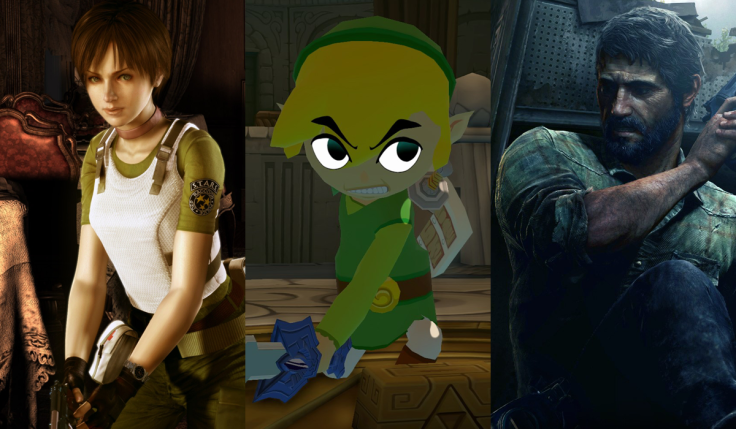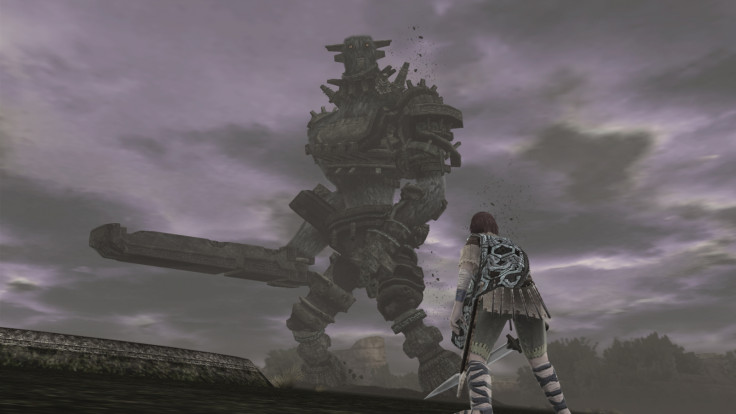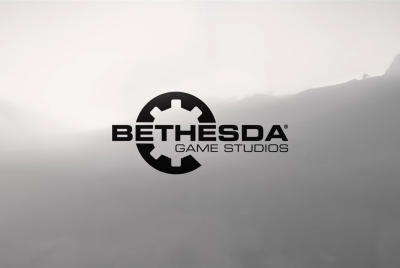Resident Evil Zero HD: Why remakes and remasters are killing video game preservation

There is a hypocrisy in video game culture whereby purposefully 'retro' styled aesthetics are lauded and loved (see Strafe, Back In 1995, Hotline Miami) but legitimately old games are forgotten and unplayed. With each successive console generation, another canon of video games gets vicariously binned. When was the last time you played something from the PlayStation, the N64 or even the PS2? Now compare that to the last time you watched an old movie.
It could be claimed that the way games are disposed of is a by-product of their relationship to technology, and the way that both contemporary graphics and a smoothness of experience, in line with standards of the modern day, are considered important by developers, reviewers and players. But then plenty of films with dated special effects survive the test of time. People still watch Battlestar Galactica, Buffy The Vampire Slayer, Star Trek. We're not that fickle. So why don't we care to preserve video games?
Partly, it is because there does not seem like much worth preserving. They provide a snapshot of past technology, and formative approaches to game design, but even the most revered old video games do not have - or do not seem to have - the historical potency of a Victorian novel, or a 1960s protest song.
"It is not often people turn to video games for a window into the past."
Outside of learning about just games and specifically the gaming industry, it's not often people turn to video games for a window into the past. They don't seem to tell us much about the politics, the attitudes or even the general culture of the period in which they were made.
Classics like Zelda, Mario, and Half-Life, seem paradoxically linked to both the period in which they were released - insofar as how they look and play - and also detached from it - to the extent that they seem to tell us very little about the grander human stories of the era. If games are not being preserved, it is firstly because the conversations around them have not shifted to analyse what they may or may not say about their broader historical context.
Secondly, there is still this strange, double-standard obsession that the gaming world has with graphics and technology. Old sci-fi movies are still popular, but last-gen games either go to the incinerator, or are played and talked about like a kind of novelty.
HD remasters certainly do not help. It was announced this week that Resident Evil Zero, a 2002 release for Nintendo's GameCube, will be getting a high-definition makeover for current consoles, joining the likes of Silent Hill 2, ICO, Shadow of the Colossus and, most egregiously of all, The Last of Us, which got a HD remake just one year after the release of the original.
For future generations, these HD re-releases essentially replace the original games.

That snapshot of gaming history - the sense of aged aesthetic and character you can get when you play something from twenty years ago - is lost or at least diluted when the textures are all touched up and the lighting effects are changed.
It is like colourising Casablanca. HD remakes might be more in line with modern visual standards, and they do not require antiquated, rare hardware in order to be played. But accessibility is not preservation.
What Resident Evil Zero preserves and promotes is not the original game, complete with visual nuances, quirks and flaws inherent to its place in history. It is a bastardised kind of smoothing over. HD remakes take historical aesthetic diversity and attempt to make it uniform.
"The video game preservation effort requires more talk about the historical and political context of games."
So what can be done? Well, on the first point, more writing and more talk about games' broader historical position. If you think about video games as cultural artefacts in a grander sense, reflective of the politics of their time, they seem a lot more worth preserving.
Maddy Myers of Paste wrote a great article on the original Resident Evil in respect to the big science stories of the mid-1990s.
Jordan Rivas, on his website Sortiv, penned a piece about the first Splinter Cell and its relationship to the 9/11 terrorist attacks. And last year I wrote for FiveoutofTen about Freedom Fighters and its musings on the American invasion of Iraq.
The video game preservation effort requires more of this talk. Even something as seemingly isolated from the real world as Ocarina of Time has a place in human history, and it is not absurd to discuss that.
On the second point, instead of HD remakes, the old games themselves ought to be re-distributed. There is some effort going into this. The Xbox and PlayStation stores each carry a small catalogue of digital versions of older games, and it is something that might get pushed further, for instance, when PlayStation Now eventually launches.
But there is still an awful lilt towards HD touching up. The Metal Gear Solid collection, the Prince of Persia collection, and the re-release of Doom 3 – it will be so much better if these did not have the words "now in HD" printed on the box.
A port of the original, warts-and-all version of Resident Evil Zero is what I wish would go up on the PlayStation Store. What you might call dated graphics or design are just like the bumps on an old vinyl. It is not simple, flawless or smooth, but neither is history. And that is what we are trying to preserve.
© Copyright IBTimes 2025. All rights reserved.




















